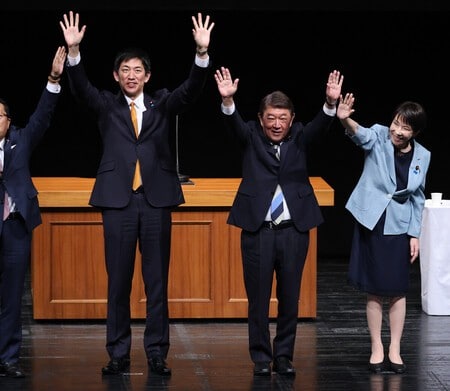In a recent leadership election in Japan, one candidate has triggered dissatisfaction among rivals by choosing not to attend a key debate. This unusual decision has stirred a wave of criticism from fellow members of the party, creating a stir in the political arena. The reasons for the candidate's absence have not been disclosed, further fueling unrest. This episode is the latest chapter in a leadership race creating uncertainty in the party and the constituents they represent.
Political debates in Japan, like many other countries, are an integral part of the democratic process. They provide a platform for all candidates to express their vision and discuss their policies. An absence by one candidate during such an important event can be seen as a disregard for the democratic process stimulating citizens' ongoing concerns about transparency and responsiveness of those in power.
In the US or EU, political debates are similarly seen as important platforms for candidates to showcase their plans and interact directly with the public and the media. Such an absence would likely be seen negatively, although some candidates might use it as a strategic move to avoid difficult questions. However, the context and public response can vary greatly depending on the specific circumstances and the political climate at the time.

